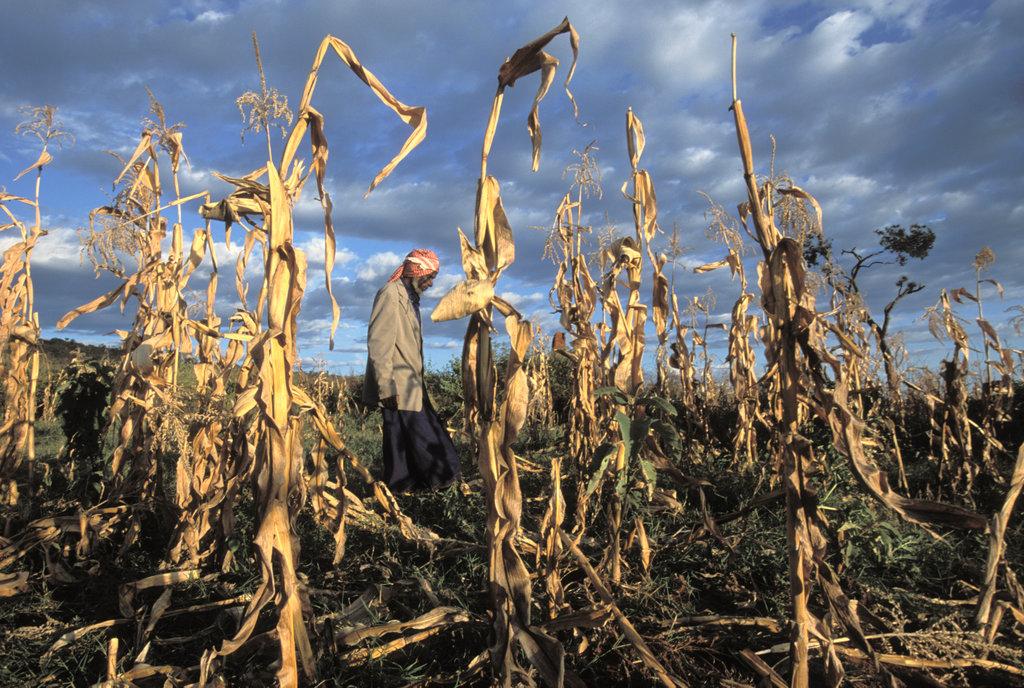Although average global temperatures were temporarily cooled by the 2020-2022 La Niña events, 2021 was still one of the seven warmest years on record, according to the World Meteorological Organization (WMO). The average global temperature in 2021 was about 1.11 (± 0.13) °C above the pre-industrial (1850-1900) levels. 2021 is the 7th consecutive year (2015-2021) where global temperature has been over 1°C above pre-industrial levels, according to all datasets compiled by WMO.
Global surface temperature has increased faster since 1970 than in any other 50-year period over a least the last 2,000 years. For example, temperatures during the most recent decade (2011–2020) exceed those of the most recent multi-century warm period, around 6,500 years ago (IPCC),
Globally, the persistence of the warming over the past 60 years far exceeds what can be accounted for by natural variability alone. That does not mean, that natural sources of variability have become insignificant. They can be expected to continue to contribute a degree of “bumpiness” in the year-to-year global average temperature trajectory, as well as exert influences on the average rate of warming that can last a decade or more. “It has been clear for decades that the Earth’s climate is changing, and the role of human influence on the climate system is undisputed,” ( IPCC Working Group I Co-Chair, Valérie Masson-Delmotte)

Credit: Peter Essick / Cavan
